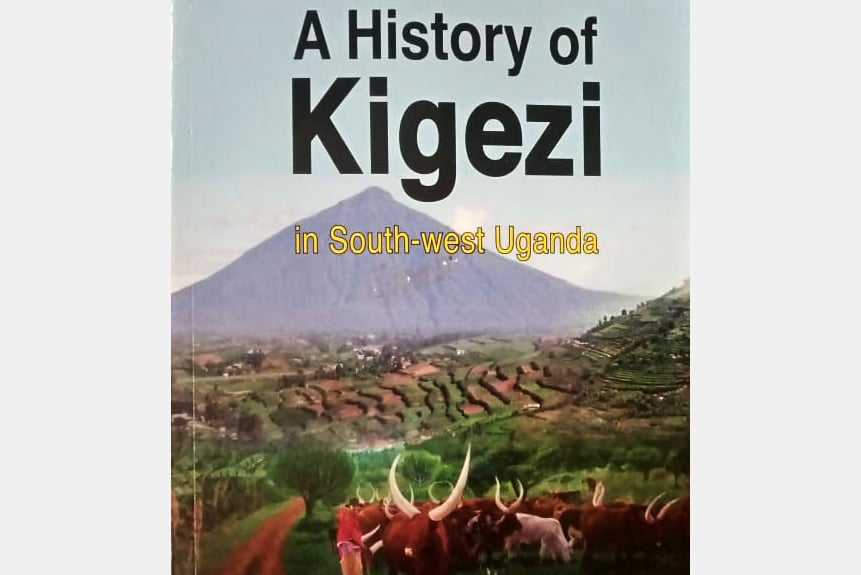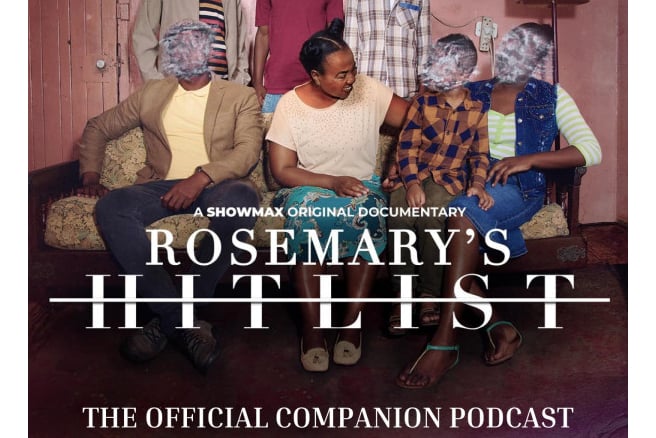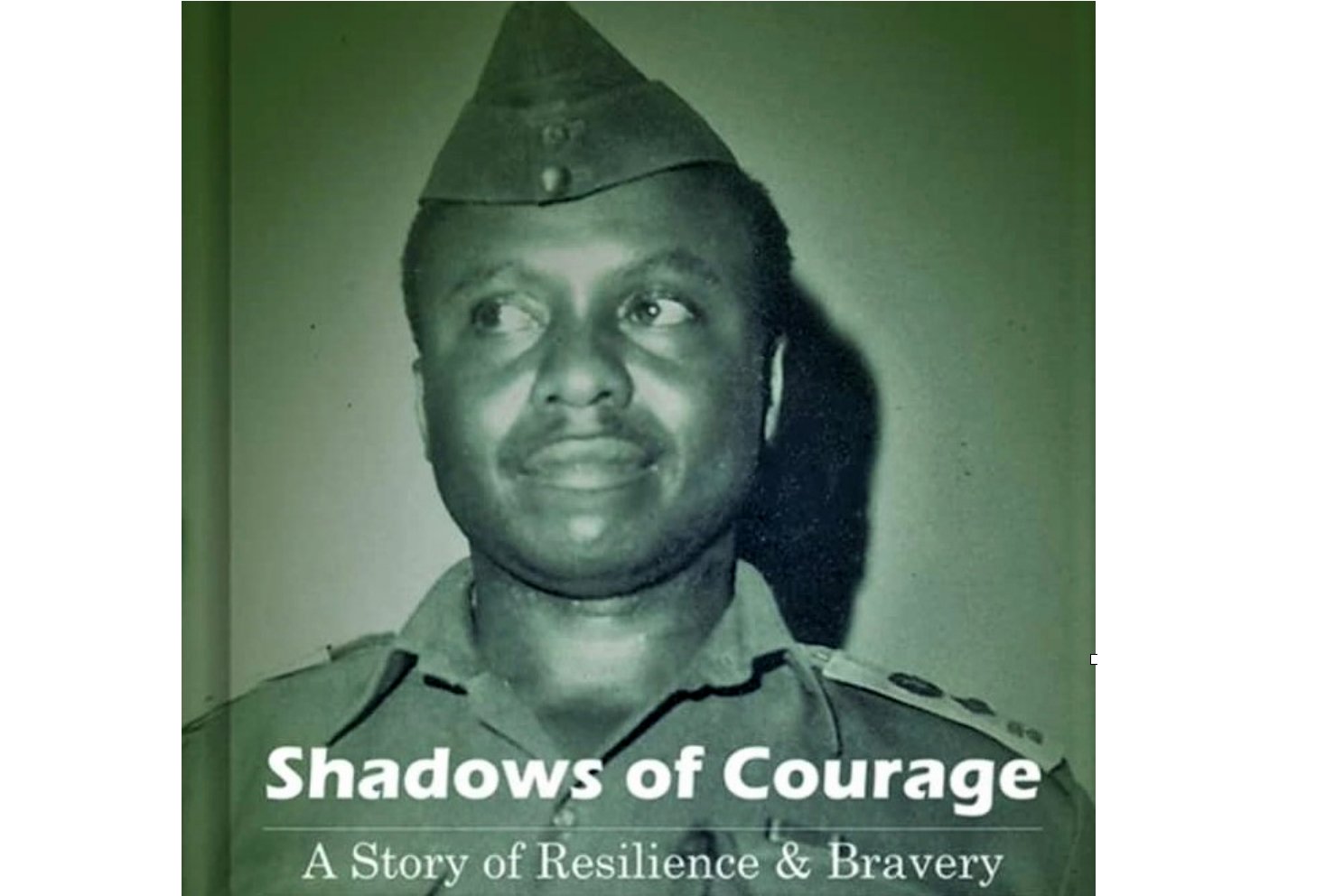Prime
Book Review: Historical value of book on Kigezi not in question

What you need to know:
- Book title: A History of Kigezi in South-West Uganda
- Author: Donald Denoon
- Price: Shs45,000
- Where: Uganda Museum Library.
A History of Kigezi in South-West Uganda anthologises the political, social and economic aspects of life in Kigezi Sub-region from pre-colonial times to early post-independence.
Part One is about the settlement of Kigezi, Part Two about the formation of states and Inter-Clan competition, Part Three the impact of colonial rule and Christianity, Part Four the reaction of the local people to agents of the new European value systems imposed thereof and Part Five the identity of Kigezi in the nation state of Uganda, and attempts to fit in the new system of politics and government.
Replete with maps, illustrations, photographs, detailed lists of clans and an index, this book is a page-turner in the style and idiom of Sir Winston Churchill’s four-volume history of Britain and its former colonies and possessions throughout the world.
Although Churchill’s book covered a longer period of time—from Caesar’s invasions of Britain (55 BC) to the end of the Second Boer War (1902)—the narrative sweep of “A History of Kigezi” is comparable. However, where Churchill explains Britain’s history (in one part he chronicles the acts of King Henry VIII during the Reformation when the monarch threatened to “burn, spoil, and destroy their goods, wives and children with all extremity”), A History of Kigezi examines the Bakiga, Bahororo, Bafumbira, Banyarwanda, Batwa, Banyabutumbi, and other peoples.
In the introduction, the editor writes about how the ecology of Kigezi influenced the pre-colonial political, social and economic activities of its inhabitants. Then the book relates the varied effects of changes introduced by Christian missionaries and British colonial administrators.
“When the British arrived in 1908, therefore, they discovered a Runyarwanda-speaking enclave in the extreme south-west. Elsewhere the people spoke Rukiga or Ruhororo, which may be regarded as dialectical variations of Runankole. Obsessed by notions of tribalism, the British naturally divided the Kigezi population into three tribal categories: the Banyawanda of Bufumbira, the Bakiga of ‘Rukiga’ (Runyarwanda word meaning ‘the mountains’) and the Bahororo of Mpororo in Rujumbura,” reads the introduction by the editor Donald Denoon.
Tribes replaced clans as more distinct and larger ethnic groupings were dragooned into being to serve the administrative convenience of colonialism. After all, the Bakiga in 1900 were decentralised politically, a purely segmentary society, with their political behaviour determined “by the degree of inter-marriage between neighbouring groups rather than by any supra-lineage institution.”
In Chapter Two, The Origin and Settlement of People of Bufumbira, we are regaled of pre-colonial acts of sorcery and polytheistic religions which were eventually swept aside. Practices which gave birth to “Ukugurika”, a process by which a thief got stuck to the subject of his theft, a process which also applied to adulterers too, is rendered engagingly and expertly by Zakayo Rwandusya, a retired chief and leading authority on the history of Bufumbira County.
In chapter Nine, titled Traditional Religion, F Geraud looks at the idea of God in pre-colonial times and notes the monotheistic singularities and polytheistic pluralities which denoted God’s existence. Although there was a focus, in traditional religions, on God as a divine transcendence, His immanence was absent in the pre-colonial era.
Interesting trivia in Chapter Two relates to “the name Nkore originated with Baganda attacks. When the Baganda realised that the area was a good one, they named it ‘Nkore-Bukore’, meaning that God favoured its creation. From Nkore-Bukore derived the name Nkore.”
As you might be aware, Buganda kingdom was effectively a sub-imperialist utensil at the table of colonial rule and this is why its influence on Uganda, as a whole, is marked.
This brings us to Chapter Thirteen, the Allocation of Official Posts in Kigezi, 1908-1930 by Denoon, and how the Bakiga replaced Baganda in supplying a colonial bureaucracy in Kigezi. It is noted in this chapter how a British imperialist, Major Jack, found the Bakiga to be a mixed bag. Some were “truculent and offensive” while others were “mild-mannered, inoffensive people.”
This dual estimation of Bakiga is a big departure from the singular and popular description of Bakiga as truculent and aggressive.
The essayist provides some context such as the war with mobile Batwa guerrillas, led by a renegade Mukiga called Katuregye, and trespasses from the south as Mwami Kigeri IV Rwabugiri of Rwanda was pushing the boundaries of his kingdom to intrude upon the Bakiga. This could explain the Bakiga disposition, truculent and offensive, as not a genetic trait but as a defense mechanism developed where the Bakiga were faced with conflict instead of cordiality.
In this Chapter, we learn something new about that mystical Rwandan woman called Muhumuza and the Nyabingi revolt. It turns out that she was embroiled in a succession battle having been married to Mwami Rwabugiri and the Bakiga who had joined her hoped to remove the specter of Rwandan expansionism.
In Chapter Twenty One, “The Banyama-Baboga Controversy” written by Charles Kabuga, we have arguably the most engrossing writing in this book. It is certainly a crowning achievement in a book whose majesty is found in its literary and historical value.




